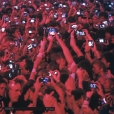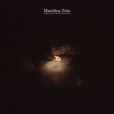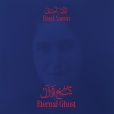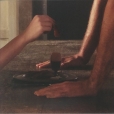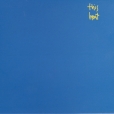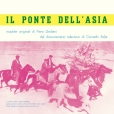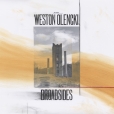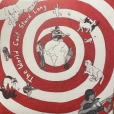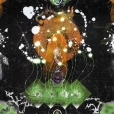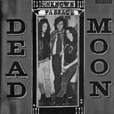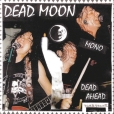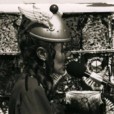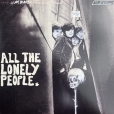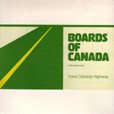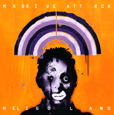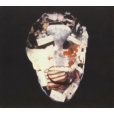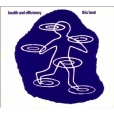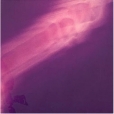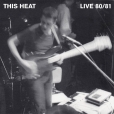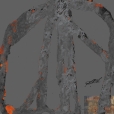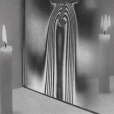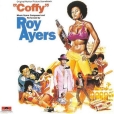Your basket is empty

‘To start with, disorientating; something you can’t quite grasp. Further listening discerns a futuristic, unsteady metropolis. At times, the music is soft and expansive; at others, sharp and distorted. Folk and pop sensibilities emerge, suspensively. Voices thread in melodic, indistinct, sirenic messages, guiding us through.’
‘Mariolina Zitta began working with natural sounds at the end of the 1980s, developing a passion for speleology. Her encounter with Walter Maioli was fundamental, guiding and influencing her definitive research into sound archaeology and the primitive sources of musical acoustic phenomena. In these recordings Mariolina conducts a magical ritual as a cave priestess, celebrating the icons par excellence of the mysteries of the night: bats. The specific frequencies of the calls of these fascinating creatures are recorded with special detectors used by ecologists, creating an organic synthesizer. The fusion with the sounds of natural objects (stones, stalactites, logs, bone whistles, Tibetan bells, mouth bows, trumpet shells) and the vocal modulations of harmonic singing allow us to travel into a still unexplored sound dimension, through an evocative experience of total sensory listening. It is an arcane landscape filled with pure vibrations, magnetic resonances and aquatic sounds; an ancestral enchantment on the border between consciousness and dreams, a symbolic liturgy of primordial reverberations, echoes and whistles.’
An edition of 200 copies.
Two long-form pieces of modular minimalism. Both sides unfurl fifteen minutes of urgent, high-octane loops, repeating patterns, and distorted vocal frequencies, drawing on Terry Riley, Suicide, no wave and synth pop — not to mention the history of modern Lebanon.
‘A psychoacoustic odyssey through the American South, influenced as much by Dock Boggs as by Luc Ferrari. This isn’t ‘avant-folk’ as per, but more expansive avant-garde compositions using components of traditional music as tools for storytelling. There are banjos, but they bounce around the stereo field in hypnotic patterns; there are autoharps, but they’re bowed, left detuned by time and humidity, and augmented with sounds of screeching cicadas.
‘Check out the haunted, ambient interpretation of the murder ballad Omie Wise, featuring fourteen different versions of the song time-stretched and overlaid with pedal steel by Tongue Depressor’s Henry Birdsey. It’s a wild listen!’
‘Bubbling tones, processed field recordings, and shifting electronic layers evoke the rhythms of atoms, molecules, and micro-organisms.
‘While grounded in experimental technique, The Vertical Luminous avoids the academic or austere, instead embracing a mischievous sense of melody and curiosity - a reminder that exploration and joy can coexist in sound.
‘A record that is both meditative and playful, equally suited to deep listening or casual drift.’
Outsider, casio versions of the Electric Prunes, Ramones and co, al fresco in early-eighties San Francisco.

